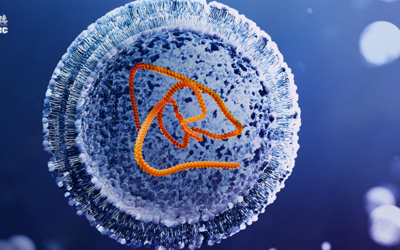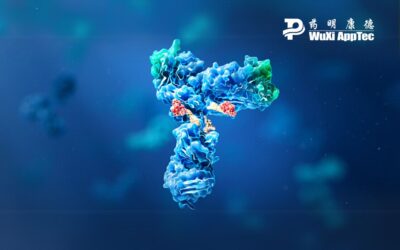The newest partnership between Quanterix and WuXi AppTec Laboratory Testing Division (LTD) integrates industry-leading instruments and reagents with world-class laboratory and technical staff to form the co-developed Simoa Joint Lab in Shanghai. Starting in 2021, drug development companies can now access state-of-the-art biomarker technology assay development, application, and deployment at the Simoa Joint Lab under non-GLP, GLP and CAP.
“This partnership enables us to offer even deeper support to our customers in this region and is a testament to the passion and collaboration that is taking place across the world to eradicate disease and empower true precision health,” said Kevin Hrusovsky, chairman, CEO and president of Quanterix.
15 Years of Combined Expertise
More than 15 years of combined expertise pair seamlessly to represent the collaborative spirit of innovation. Simoa Joint Lab aims to support drug developers’ new therapeutics in preclinical and clinical development. Simoa specializes in biomarker analysis, biopharmaceutical research, custom analytical development, clinical sample testing and precision data delivery.
“Biomarkers are proving essential to the future of disease research and drug development, making it imperative that research organizations across the globe have access to the best possible tools and resources for study,” said Dr. Steve Yang, co-CEO, WuXi AppTec.
The services available are designed to support the ever-increasing diversity of the drug development market that continues to create a wide range of testing needs. Both custom testing services and custom kit services are available.
Single-Molecule Immunoarray Technology
Simoa Joint Lab offers single-molecule immunoarray technology that makes it possible to detect proteins and nucleic acids with extreme precision, thereby greatly enhancing the results of protein bioanalysis studies. This technology even opens up opportunities to pick up concentrations and changes in neuro markers that have proven minimally traceable and undetectable by current conventional protein assays.
The first batch of biomarker qualification spans the nervous system, tumor, inflammatory infection and autoimmune disease. Additionally, the technology now offers fully automated detection that can pick up multiple indicators from one sample and run up to 10-plex assays.
Companies interested in shortening timelines and accelerating new drug launches through top-notch technology can learn more about Simoa Joint Lab in “Clinical Analysis of Biomarkers Joint Laboratory.“
Learn more about WuXi AppTec’s Services or contact an expert today.
As a global company with operations across Asia, Europe, and North America, WuXi AppTec provides a broad portfolio of R&D and manufacturing services that enable the global pharmaceutical and life sciences industry to advance discoveries and deliver groundbreaking treatments to patients. Through its unique business models, WuXi AppTec’s integrated, end-to-end services include chemistry drug CRDMO (Contract Research, Development and Manufacturing Organization), biology discovery, preclinical testing and clinical research services, helping customers improve the productivity of advancing healthcare products through cost-effective and efficient solutions. WuXi AppTec received an AA ESG rating from MSCI for the fourth consecutive year in 2024 and its open-access platform is enabling around 6,000 customers from over 30 countries to improve the health of those in need – and to realize the vision that “every drug can be made and every disease can be treated.”


